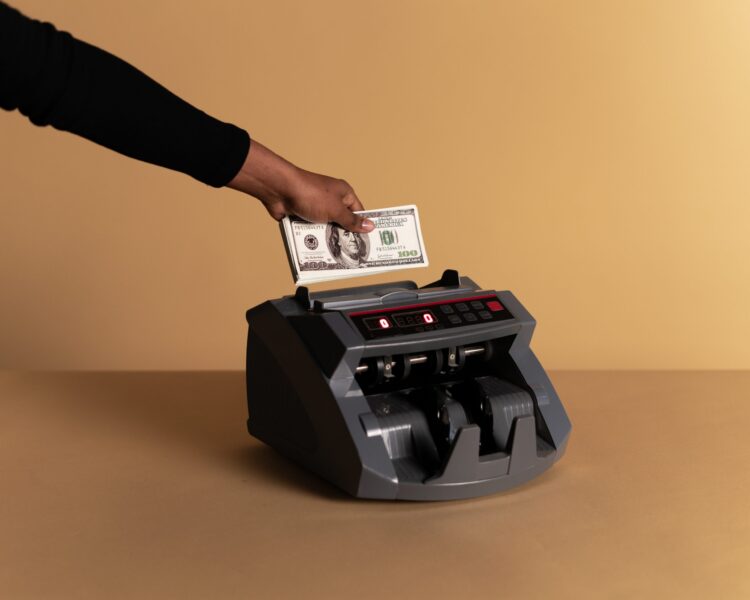As a growing business, you need to have a solid cash-handling procedure in place to ensure that your finances are secure and organized. Poor money handling can lead to errors, fraud, and even theft, all of which can have a significant impact on your bottom line. To avoid these issues, here are some tips on how to improve your cash handling procedures.
Page Contents
1. Separate Duties
One of the most important aspects of cash handling is to have a system of checks and balances in place. This means that you should separate the duties of handling and recording money to different individuals. For example, the person who handles the money should not be responsible for recording it in the books. This helps to prevent fraud and errors, as it ensures that there is always a second person who can verify the accuracy of the records.
2. Use Money Counting Machines

Source: marketbusinessnews.com
These machines can quickly and accurately count large amounts of cash, reducing the risk of errors and saving time. They can also detect counterfeit bills, which can help to prevent fraud.
You should also train your employees on how to use the machine properly to ensure that the money is counted accurately. When selecting a money-counting machine, be sure to choose one that is reliable and easy to use like the ones at https://www.ribaostore.com/collections/bill-counter
3. Use a Cash Register
A cash register is an essential tool for any business that handles money. It helps to keep track of sales, calculate change, and provide receipts to customers. A cash register also provides an added layer of security, as it can be locked when not in use and can only be opened with a key or code.
4. Implement a Cash Handling Policy
To ensure that your money-handling procedures are consistent and followed by all employees, it’s important to have a written policy in place. The policy should outline the responsibilities of each employee, the procedures for handling and recording money, and the consequences for violating the policy. It’s also important to provide training to all employees on the policy to ensure that they understand their roles and responsibilities.
5. Use Deposit Slips

Source: thebalancemoney.com
When making deposits, always use deposit slips to ensure that the bank has an accurate record of the deposit. The deposit slip should include the date, the amount of money being deposited, and a breakdown of the denominations. It’s also important to keep a copy of the deposit slip for your records.
6. Secure Cash
Securing cash is essential to prevent theft and fraud. It should be kept in a locked safe or cash drawer when not in use, and only authorized personnel should have access to the keys or codes. You should also limit the amount of money that is kept on hand at any one time, and make regular deposits to the bank.
7. Conduct Background Checks
When hiring employees who will be handling money, it’s important to conduct background checks to ensure that they have a clean record. This can help to prevent fraud and theft, as well as protect your business from liability.
Conclusion
Cash handling procedures are essential for any business, especially growing businesses. It is important to establish and implement proper management strategies in order to protect the company’s assets and ensure efficient operations. With the tips listed above, you can create an effective system that will help your business grow while also protecting it from any potential risks associated with money transactions.




